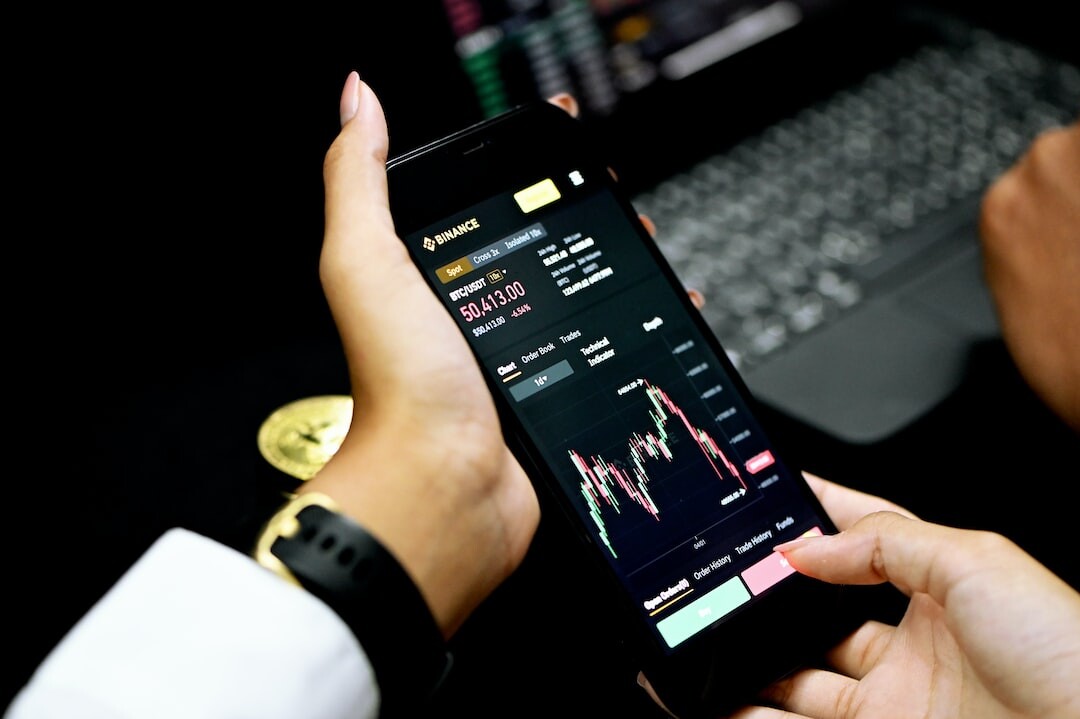You probably understand the importance of spreads if you have tried forex trading before. And at this moment, brokers are trying to outdo each other advertising the lowest spreads. Here are our top picks for best low spread brokers in 2024 to help you make the right choice.
1. IG
The IG platform offers the widest variety of trading options. At the time of publishing, our hands-on analysis identified over 17,000 tradeable instruments, a class-leading mark. The possibilities include 13,000+ shares and thousands of forex, indices, commodities, and other markets.
This vast amount of choice facilitates access to a broader market and portfolio diversification. That would line up nicely if the brokers provided low spread trading to take advantage of this—and they do.
IG has minimum trade spreads from 0.1 points on commodities and 0.6 points on some FX pairs. You will encounter 0.8 points on major indices and 0.15 points on cryptocurrencies.
Pros
- Spreads as low as 0.1 on major commodities, 0.6 pips on FX, and 0.8 on indices
- £0 account opening charge
- Over 17,000 tradeable instruments
- Low trading charges
Cons
- Support does not operate 24/7
- Inactivity fee
- £250 minimum deposit per transaction
2. AAA Trading
AAA Trading has access to over 500 global markets. The CFD broker has one of the most comprehensive trading platforms. Members can trade in instruments like indices and forex pairs of their choice.
The AAA Trading platform makes use of fractional pip pricing. This enables spreads starting from as low as 0.0 pips. The Forex trading app also provides more than 50 currency pairs at raw spreads from 0.0 pips.
You can leverage up to 1,000:1 on precious metals and FX trading.
Pros
- Raw spreads from 0.0 pip
- 0% commission for novice and expert/experienced account holders
- Commission-free securities trading
- Account manager
- No deposit or withdrawal fees
Cons
- Limited tradeable instruments
- Only live chat and email.
3. Plus500
Ease of use is hard-baked into the Plus500 WebTrader platform. This is a minimalist trading platform suitable for beginners and casual traders.
Although it looks basic, the Plus500 platform contains a powerful trading tool and valuable educational material to assist members make successful trades.
Users don’t have to grapple with deposit, withdrawal, routing, or platform fees. On the standard account, spreads start from 0.8 for FX, 0.04 for commodities, 0.7 for indices, 1.25 for crypto, and 0.08 for shares. Keep in mind that Plus500 derives all its fees from the market spread during trading.
Pros
- Dynamic spreads (from 0.7)
- Ease of use
- No commission on trades
- Leverage is dependent on margin
- Regulated by multiple reputable global regulatory bodies
Cons
- Contact support via email only
4. Pepperstone
The Pepperstone FX trading platform provides a wide range of instruments at low spreads.
Users of the trading platform will enjoy minimum spreads from 0.0 on virtually all major currencies, 0.5 spreads on commodities, 0.4 on indices, and no minimum commission on most of the major shares’ CFDs. They only charge a commission on Razor accounts for CFD trading on forex.
Pros
- Forex spreads from 0.0
- £0 minimum deposit
- Excellent research tools
- Competitive pricing
- Great platform for copy and algorithmic traders
- No inactivity or withdrawal fee
Cons
- Limited tradeable instruments
- £200 minimum deposit
5. CMC Markets
They always seem to deliver favourable spreads that make the platform a popular choice among traders. CMC Markets also charges reasonable fees and commissions for each trade.
CFD spreads on most major FX pairs start from 0.5 pips. Indices spreads are from 1.0 points and commodities start from 0.2 points. Commissions on shares will set you back 0.1%.
Pros
- Competitive spreads from 0.0 pips
- Low trading costs
- Comprehensive research materials
- Registered under multiple reputable global regulators
Cons
- Charges £10 inactivity fee
- Stop loss orders charges
6. Tickmill
Although Tickmill offers only 725 tradeable symbols, its VIP and PRO accounts provide unbeatable low average spreads and trading commissions, ensuring expert users make the most of their trades.
These cover CFDs on instruments like commodities and forex. Tickmill offers some of the tightest spreads as pips start as low as 0.0.
Currency pairs spread start from 0.1 and the highest at 0.4 pips. This is unlike competitors like IG whose currency pairs spreads start from 0.6 pips.
Their commission charges per standard lot are also among the lowest across the board at £4 for the Pro account and £2 for the VIP account. The Tickmill trading platform does not charge deposit or withdrawal fees.
Pros
- Currency pairs spreads from 0.1 pips
- Registration in multiple reputable jurisdictions
- Competitive pricing
- Excellent research tools and educative materials
- No inactivity fee
Cons
- Limited tradeable assets
IC Markets
If you wish to trade only in forex and a handful of other markets, then IC markets could just be what the doctor recommended.
That’s not to say IC Markets suffers from a scarcity of tradeable symbols. If anything, its product selection covers all the major instruments like currencies and commodities. They just offer a thinner selection of products.
The IC Markets Raw Spread Account has spreads from as low as 0.0 pips. If you are a standard account holder, expect pips to start from 0.8.
Your commodities trades can have a minimum of 0.02 points and bonds start at 0.01. If you are trading crypto, indices, or metals, expect spreads from as low as 0.0.
Pros
- Spreads begin from 0.0
- Copy trading automation
- £0 deposit and withdrawal fees
- No inactivity fee
Cons
- Limited tradeable symbols
- £200 minimum deposit
- Registered by only one Tier-1 regulator (Australia).
Conclusion
Spreads are an important part of trading as they affect how much you will earn by the close of that trade. Brokers are always trying to offer the lowest spreads to make it more profitable for their users. This article highlights brokers providing the lowest spreads in the market, including AAA Trading, Pepperstone, and CMC Markets.























